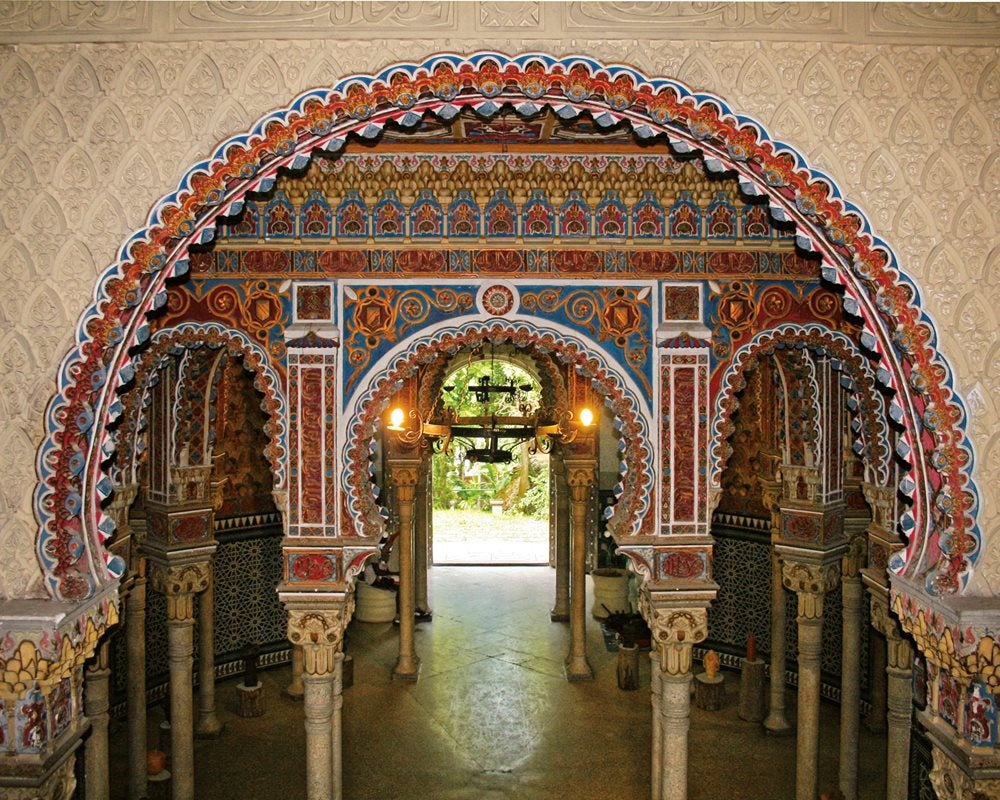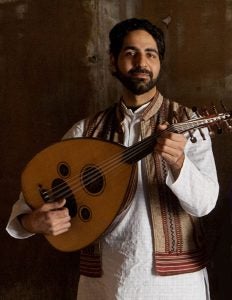
By Dr. Susan Douglass
In August, CCAS’s Education Outreach program, in collaboration with the Alwaleed bin Talal Center for Muslim-Christian Understanding, hosted our annual week-long Summer Teacher Institute, offered virtually for the second year in a row due to the pandemic. The idea for this year’s topic grew from a joint meeting among the six Alwaleed centers, during which it was decided to host an interregional, interdisciplinary institute on the Arab Legacy in al-Andalus (Arabic for the Iberian Peninsula) and Latin America based on a book project on this topic at the American University of Beirut (AUB). Robert Myers, Director of AUB’s Center for American Studies and Research, whose work uses drama, film, music, and literature to draw links between these regions, was instrumental in making the institute a reality. The institute, which featured as speakers the AUB book’s twelve authors, engaged current scholarship spanning 1400 years of cultural histories connecting the Arabic-speaking and Spanish- and Portuguese-speaking worlds, ranging from the Arab-Umayyad era of the 7th century through the Hispano-Arabic period, the Golden Age of Spain and Iberia, to contemporary Latin America and the Middle East. The scholars of literature, language, theater, the arts, and history discussed how these interwoven, transcultural traditions and continuities reveal how ideas, artistic practices, languages, forms and objects travelled and were embraced by new populations in surprising ways.
The Institute was attended by an audience of more than 40 educators from 14 different states and the United Kingdom, representing history, humanities, foreign languages, and fine arts instruction, including both dance and music at the secondary and collegiate levels. Participants engaged in the materials via a virtual platform with pre-recorded lectures and readings. Each day, two of the speakers conducted live sessions for discussion. Historians provided deep background on the week’s topic: Georgetown’s Jonathan Ray, Samuel Eig Professor of Jewish Studies, elaborated on Jewish Culture in Medieval Iberia, while Emilio González Ferrín of the University of Seville exposed attendees to ongoing re-evaluations of the Role of al-Andalus in world history, revisiting concepts such as the Reconquista. Christina Civantos of the University of Miami, and George Abdelnour of Notre Dame University in Lebanon covered aspects of the Iberian Peninsula as a crossroads of world culture.

Also among the offerings were videos from dramatic productions, including a play by Garcia Lorca staged in several Lebanese towns, and a session with Ronnie Malley, a versatile Chicago-based musician and cultural ambassador, whose production entitled “Ziryab” reflects the role of the 9th century Andalusian in bringing new styles of music, clothing, and refined manners to the Western outpost of Islam in the Iberian Peninsula. Attendees enjoyed performances that sampled Arab and Iberian influence in South American and Caribbean music. Professor Myers, himself a well-known playwright, brought in several of his theater collaborators to present on their work. Sahar Assaf, a professor of theater at AUB and director of the Golden Thread Theater in San Francisco; Enass Khansa, professor of Arabic at AUB; and Marvin Carlson, professor of theater and comparative literature at the City University of New York demonstrated connections across the Mediterranean and the Atlantic.
It was heartening to see numerous speakers—even those in overseas locations—attend live sessions beyond their own. The diversity of the scholars’ and attendees’ teaching fields fostered appreciation of the deeply interconnected cultural traditions of the Arabic, Spanish and Portuguese legacies. The program was made possible by a Title VI grant from the United States Department of Education, which is funding a National Resource Center on the Middle East and North Africa at Georgetown University, and by support from the Center for Contemporary Arab Studies and the Alwaleed bin Talal Center for Muslim-Christian Understanding and the School of Foreign Service at Georgetown.
Susan Douglass is the CCAS Education Outreach Director.
This article appeared in the Winter/Spring 2022 CCAS Newsmagazine.